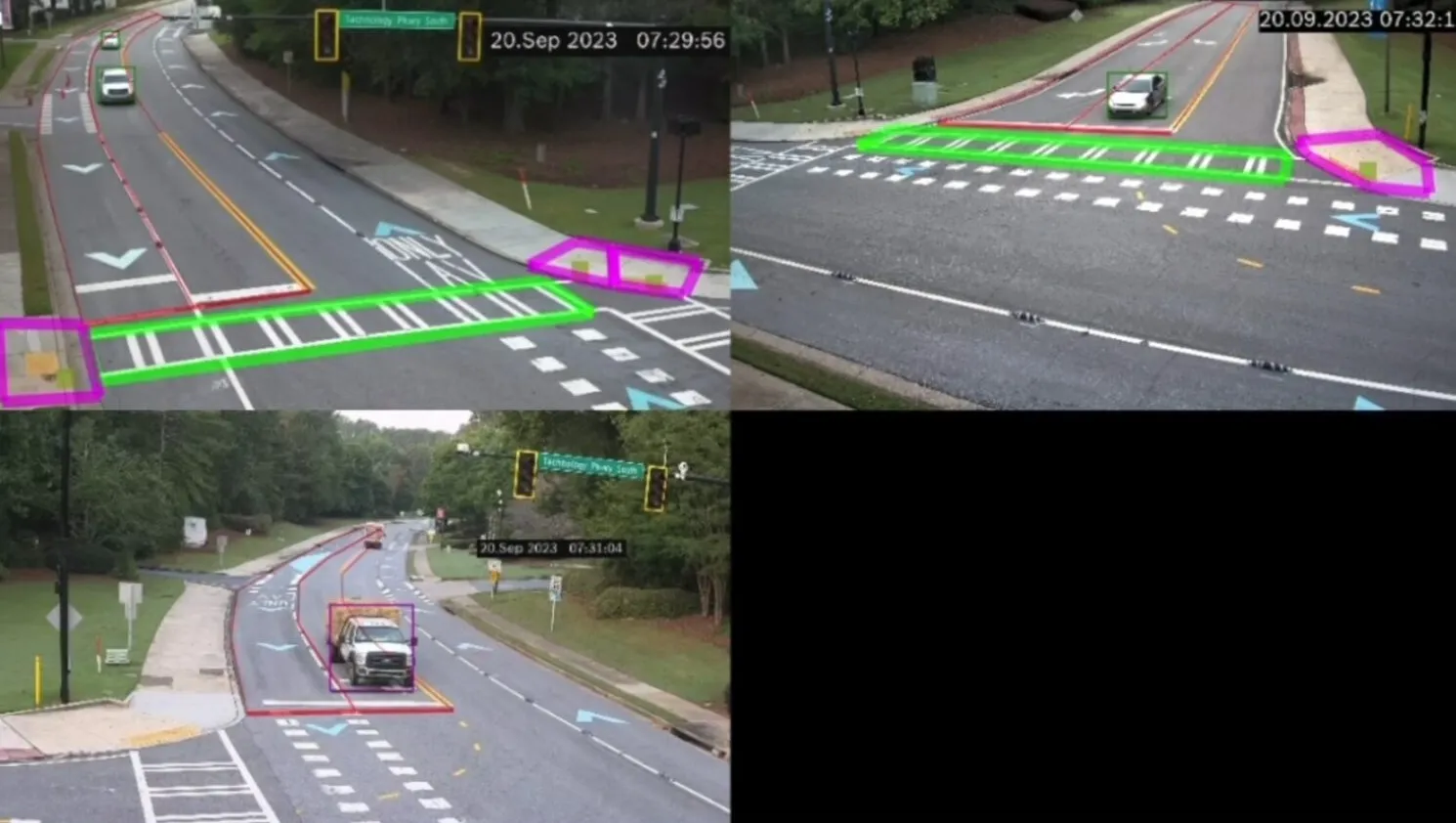ParkMe, a provider of dynamic and real-time parking data, and Parkeon, a specialist in multi-space parking solutions, have completed an integration which will enable the companies to provide free parking solutions to residents of major US cities.
July 6, 2012
Read time: 2 mins
This integration provides parking guidance via smart phones, in-car navigation systems, and personal computers, with maps displaying the best places to find parking. In order to display parking occupancy information, ParkMe's system combines real-time meter transaction data from the Parkeon system with historical occupancy information, parking space turnover, rates, the time of day, day of week and a complex series of proprietary algorithms. In addition to helping motorists find parking, it is claimed this system can help cities adjust their parking policies to ensure the proper occupancy level on the street.
The partners say that by guiding motorists to the most available parking areas, cities not only ensure a higher level of driver satisfaction, but they also help reduce their environmental footprint. When drivers find their parking spaces more quickly, there is less circling around the block, leading to fewer carbon emissions released into the atmosphere and less oil used in the process. Traffic in cities is improved as well, opening up lanes for other motorists and buses.
"Our meter systems collect millions of transactions on a daily basis," Sean Renn, US product marketing manager for Parkeon, said. "Partnering with ParkMe to make this information beneficial to both cities and motorists is very exciting."
Austin, Texas, was the first Parkeon client to launch this new integrated system, using data from over 700 Parkeon multi-space meters deployed around the city. "Austin continues to have an increase in demand for on-street parking in our central core," said Steve Grassfield, parking enterprise manager for the city of Austin. "The ParkMe and Parkeon collaboration will help alleviate our residents' parking-related concerns by providing free parking information that is continuously updated."









